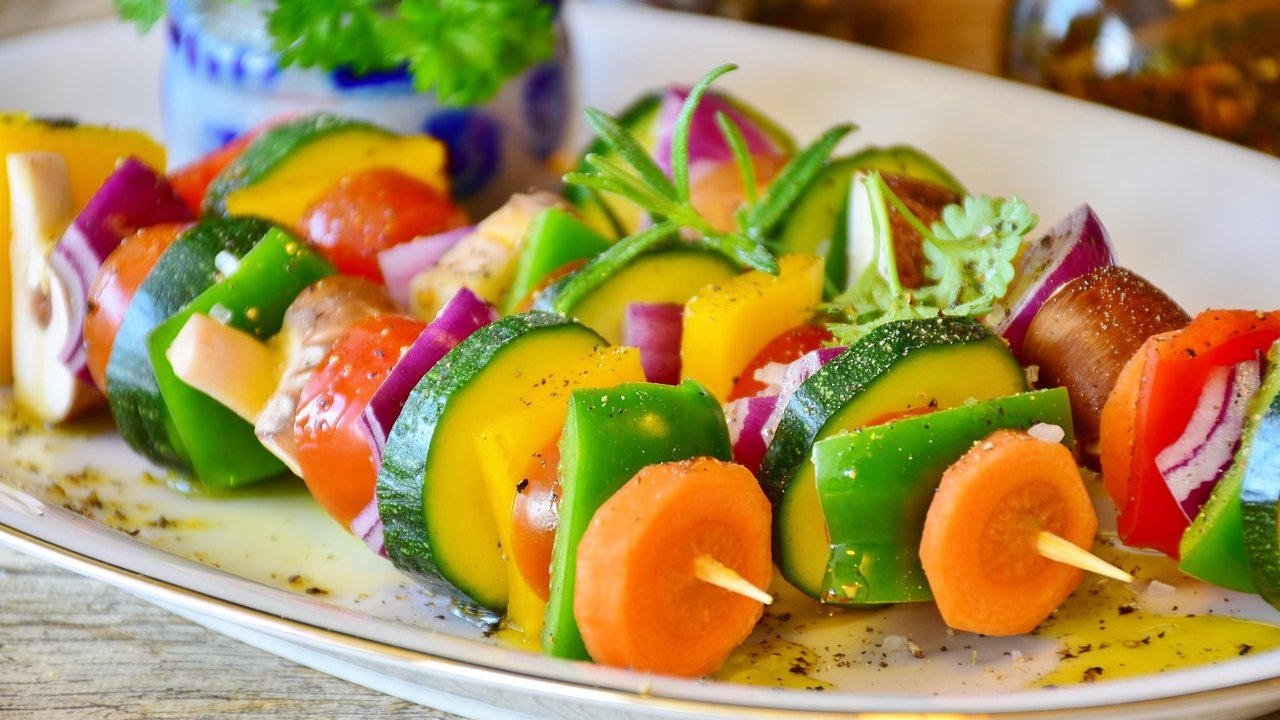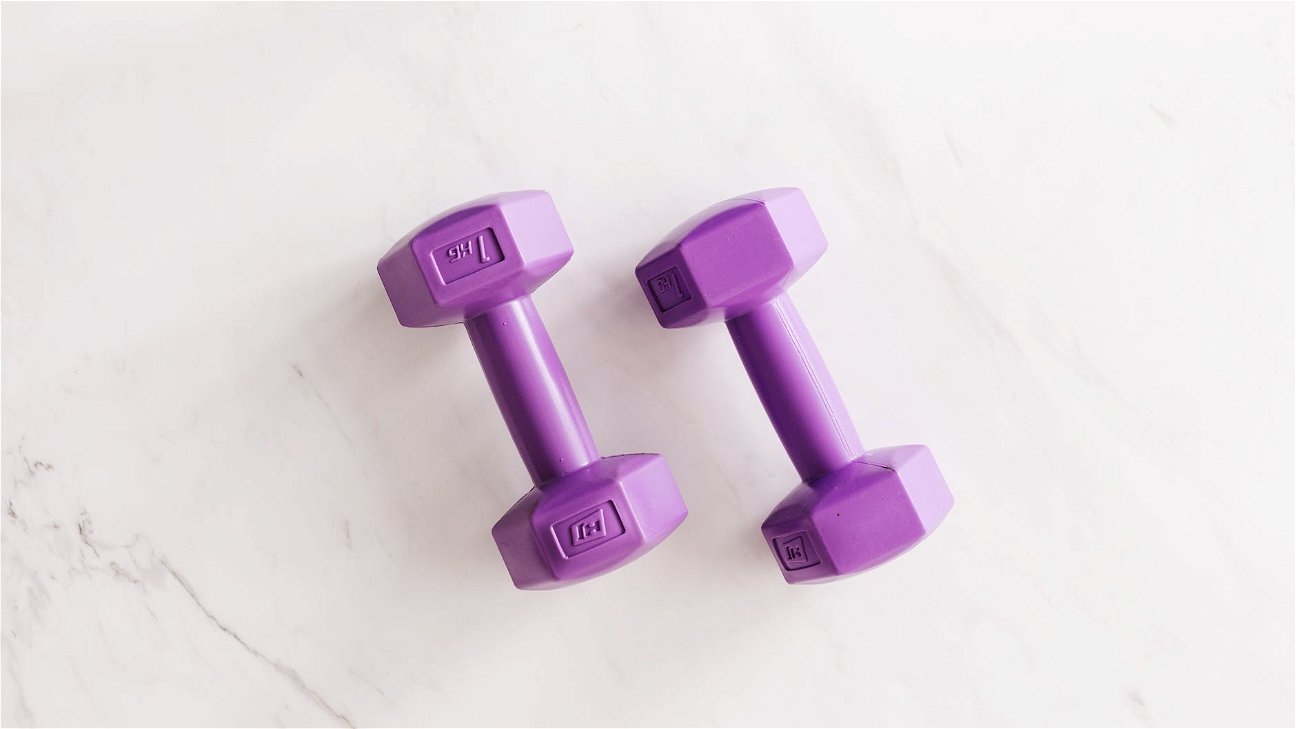
Switching to a plant-based diet? One of the biggest concerns might be the question: 'Where do I get my protein?' While it's true that animal products are high in protein, plants have plenty of protein too. The key is knowing which plants are high in protein and how to incorporate them into your diet.
High protein vegan foods
Here are some protein-rich plant-based foods you should include in your diet:
- Quinoa - Quinoa is a complete protein and a great source of fiber, making it a staple in a vegan diet.
- Lentils - Lentils are an excellent source of protein and can be used in a variety of dishes.
- Tofu and Tempeh - Both tofu and tempeh are high in protein and are very versatile.
- Chickpeas - Chickpeas, also known as garbanzo beans, are packed with protein and fiber.
- Nutritional Yeast - Nutritional yeast is a complete protein and also provides B12, a vitamin often lacking in vegan diets.
Vegan protein deficiency
It's a myth that going vegan means you'll be protein deficient. However, variety is key to ensuring you get all the essential amino acids. Consuming a wide range of plant-based protein sources will help you meet your protein needs.
Protein for vegetarians and vegans
Vegan protein needs are not much different than those of non-vegans. The recommended dietary allowance for protein for adults is 46 grams for women and 56 grams for men. Here's how you can meet your protein needs on a vegan diet:
- Eat a variety of protein-rich foods: As mentioned above, consuming a wide range of protein sources ensures you get all essential amino acids.
- Include protein in every meal: Include a source of protein in every meal and snack. This can be through legumes, grains, nuts, and seeds.
- Consider protein-rich snacks: Snacks like hummus, edamame, and protein bars can help you meet your protein needs.
Best vegan protein sources
The best sources of vegan protein are those that are high in protein and also provide other essential nutrients. Foods like lentils, chickpeas, tofu, tempeh, and edamame are excellent sources of protein, and they also provide other essential nutrients such as fiber, iron, and zinc.
Complete proteins in vegan diet
Unlike animal proteins, most plant proteins are not 'complete', meaning they don't contain all the essential amino acids. However, eating a variety of plant proteins throughout the day can ensure you get all the amino acids you need.
Quinoa, soy, buckwheat, and hemp seeds are examples of complete proteins in a vegan diet.
Switching to a plant-based diet doesn't mean you have to compromise on protein. With a bit of planning and variety, you can ensure adequate protein intake even on a vegan diet.











